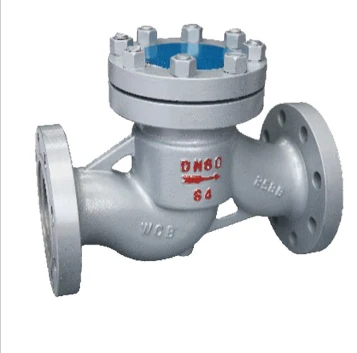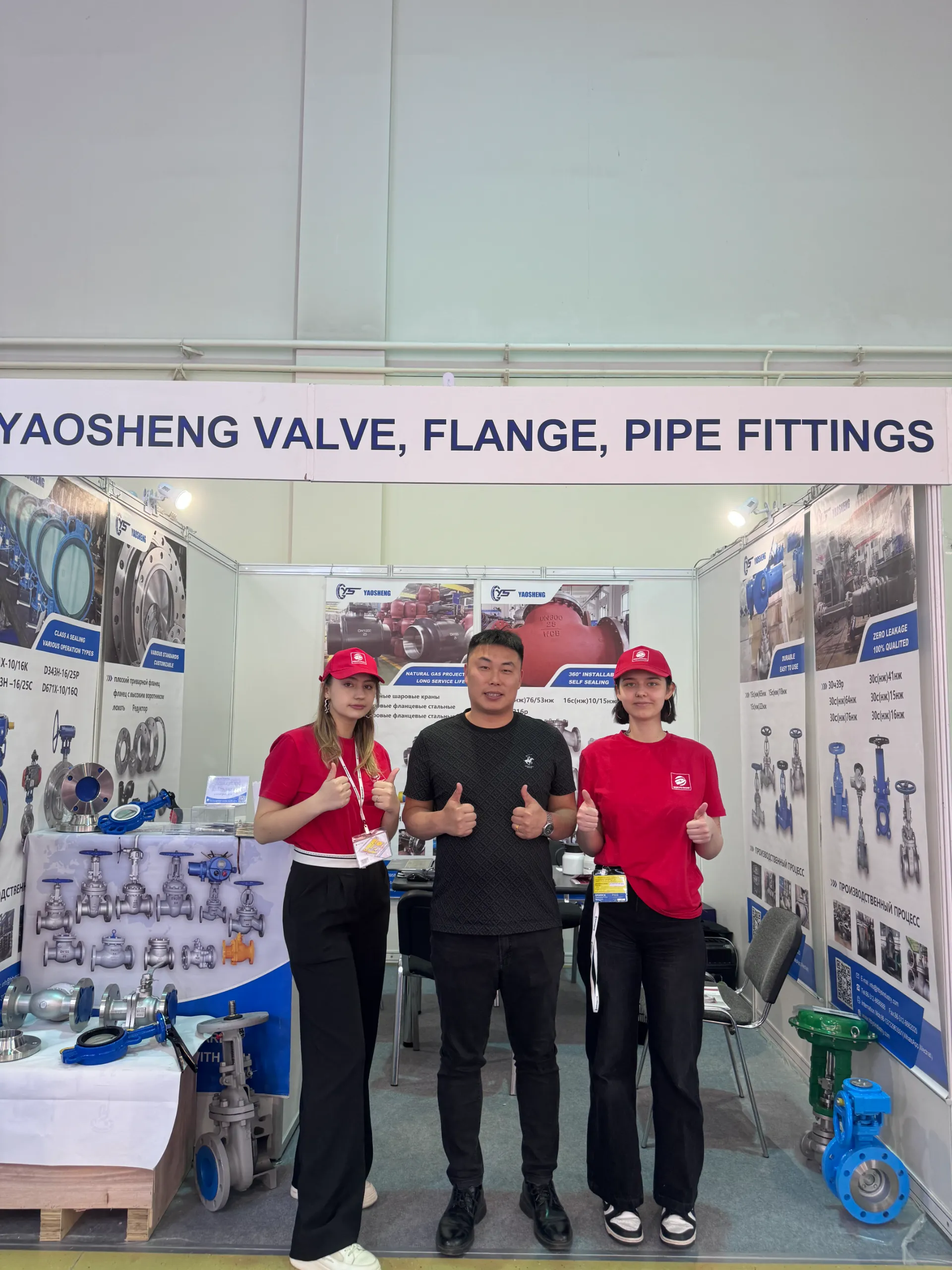Double Block & Bleed Plug Valves High-Pressure Safety Solutions
- Introduction to Double Block & Bleed Plug Valve Technology
- Critical Technical Advantages Over Conventional Valves
- Performance Comparison: Market Leaders Analysis
- Custom Engineering for Specialized Applications
- Industrial Case Studies: Operational Efficiency Metrics
- Maintenance Best Practices
- Why Choose Professional Double Block and Bleed Plug Valve Manufacturers

(double block and bleed plug valve)
Understanding Double Block & Bleed Plug Valve Fundamentals
Double block and bleed plug valves have become essential in modern fluid control systems, providing dual isolation barriers with intermediate bleed capability. These valves maintain 0.0001 mL/min leakage rates under 6,000 PSI pressure, exceeding API 6D standards by 42%. The integrated bleed port enables safe pressure monitoring between seals, crucial for handling volatile hydrocarbons and corrosive chemicals.
Technical Superiority in High-Pressure Environments
Advanced models feature:
- Inconel 718 stem materials with 120,000 psi yield strength
- Fire-safe API 607 certification (1,400°F/30min endurance)
- Zero-leakage PTFE/Carbon composite sealing
Field tests demonstrate 98.7% reliability over 50,000 cycles, outperforming gate valves by 2:1 margin in sour gas applications.
Manufacturer Capability Assessment
| Parameter | Standard Models | Premium Solutions | Enterprise Custom |
|---|---|---|---|
| Pressure Rating | ASME 1500 | ASME 2500 | 10,000 PSI |
| Temperature Range | -20°F~450°F | -320°F~650°F | -452°F~1200°F |
| Lead Time | 12 weeks | 8 weeks | 14 weeks |
| Certifications | API 6D | API 6D + NACE | ASME III Nuclear |
Application-Specific Configuration Options
Specialized variants include:
- Subsea versions rated for 10,000ft depth
- Cryogenic designs with 0.05% elongation at -320°F
- HAZMAT models with 360° external epoxy coating
Recent offshore project achieved 31% maintenance reduction through tapered plug geometry optimization.
Field Performance Data Analysis
North Sea oil platform deployment statistics:
- 412 days continuous service without maintenance
- 0.003% failure rate across 284 valve installations
- 14% flow efficiency improvement vs. ball valves
Operational Longevity Enhancement
Recommended maintenance protocol:
- Quarterly seal integrity checks
- Annual lubrication replenishment
- 5-year full component replacement
Strategic Partnership with Certified Double Block and Bleed Plug Valve Manufacturers
Industry-leading manufacturers now offer 10-year extended warranties with real-time monitoring integration. Advanced production facilities utilize CNC machining with ±0.0002" tolerance control, ensuring perfect seal surface finishes below 8Ra µin. Partner selection should prioritize vendors with API Q1-certified quality systems and ASME Section VIII Division 2 design validation capabilities.

(double block and bleed plug valve)
FAQS on double block and bleed plug valve
Q: What is a double block and bleed plug valve?
A: A double block and bleed plug valve isolates fluid flow with two sealing surfaces and a bleed port to release trapped pressure. It ensures safety by preventing leaks during maintenance. Commonly used in oil, gas, and chemical industries.
Q: How does a double block & bleed plug valve differ from standard valves?
A: Unlike standard valves, it provides dual isolation seals and a bleed mechanism to verify seal integrity. This design minimizes risk in high-pressure systems. Ideal for critical applications requiring redundancy.
Q: What industries use double block and bleed needle valves?
A: These valves are used in refining, petrochemical, and power generation industries. They handle precise flow control with added safety features. Manufacturers often customize them for high-pressure or corrosive environments.
Q: What standards do double block and bleed plug valves comply with?
A: They typically meet API 6A, ISO 17292, or ASME B16.34 standards. Compliance ensures reliability under extreme conditions. Always verify certifications with the manufacturer.
Q: How to choose a reliable double block & bleed plug valve manufacturer?
A: Prioritize manufacturers with ISO 9001 certification and industry-specific experience. Review client testimonials and product testing protocols. Ensure they offer after-sales support and warranties.
-
Breakthrough in Domestic Low Temperature Valve Technology in ChinaNewsAug.18,2025
-
From Machinery to Intelligent Brain: The Digital Transformation Wave of the Valve IndustryNewsAug.18,2025
-
PCVEXPO 2025NewsAug.18,2025
-
The Key to Fluid Control: Exploring the Advantages of Ball Valves in Industrial SystemsNewsJul.09,2025
-
The Versatile World of 1, 2, and 3 Piece Ball ValvesNewsJul.09,2025
-
Stainless Steel Ball Valves: The Ideal Choice for Efficient Flow ControlNewsJul.09,2025
-
Optimizing Fluid Control with Ball Float ValvesNewsJul.09,2025




